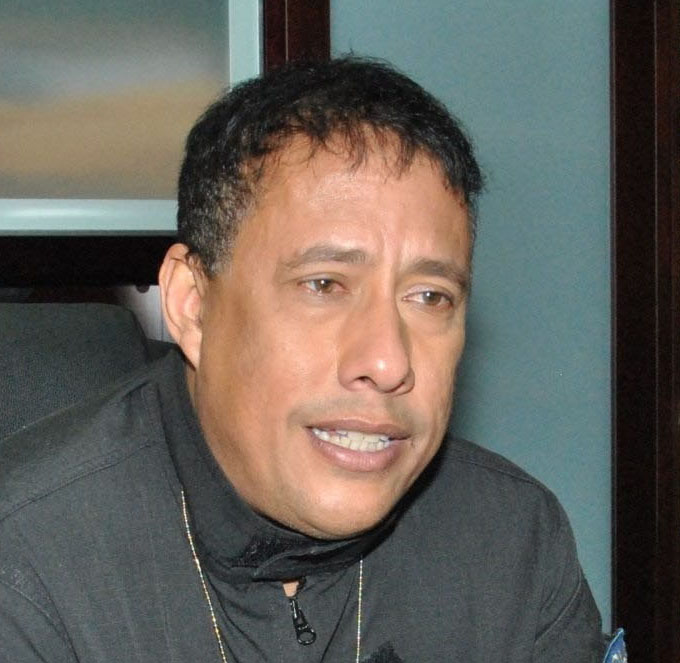(Trinidad Guardian) “It affects me every single time there is a homicide in this country, so I have been affected 500-plus times this year. It hurts me.”
With this pain and dedication to duty Police Commissioner Gary Griffith said in the coming year he plans to take a heavy-handed approach to treat with criminal activity.
“I am going after these individuals one by one, and again I give the assurance it will be done within the law, but I am not going to sit idly by and have police officers shot at, seeing young men being killed and these individuals feel they could walk with a firearm and do what they want and affect the lives of the vast majority of citizens,” he declared yesterday.
“So to members of the media, to all the activist groups, to all the defence criminal attorneys who may be concerned, 2020 I am going to have a 2020 vision. We are going to lock and load with safety catches off.”
Griffith spoke with Guardian Media a day after he and members of the Special Operations Response Team (SORT) conducted an exercise which resulted in the killing of a man, Michael Thomas, suspected to have murdered PC Nicholas Victor on Christmas Eve. Moments after the killing an image of Griffith standing over Thomas’ dead body began circulating on social media.
The top cop said he met with the man’s mother and she apologized
“It hurt my heart because a mother lost her son regardless of what he was,” he said.
Notwithstanding this, a tough-talking Griffith assured he will be on the ground more in 2020 and there will be higher visibility of officers.
He said: “So yes you are going to see more blue lights, you are going to hear more sirens, you are going to see more patrols, you going to have more roadblocks. We are going to be up close and personal, up in your face, because that is the only way we could provide a deterrent.”
In accounting for the past year the Commissioner admitted there was a spike in crime, particularly homicides, in the second half of 2019. He said this could be due to the work being done by the T&T Police Service (TTPS).
“At times we need to bleed to heal. Likewise, because of the things that the Trinidad and Tobago Police Service has done this year when we’ve been cracking down heavily on drug blocks, going after white-collar crime, trying to put a block to illegal weapons entering the country, trying to prevent gangs from having state contracts—all of these things can cause an increase in crime,” Griffith explained.
Another factor he said is the proliferation of assault rifles in the hands of criminals. According to Griffith, there is a great possibility that half of the homicides that took place this year were committed by criminals who were held with weapons but were let go.
The Commissioner criticised the shortcomings in the criminal justice system, saying: “This is not a banana republic where persons can be held with firearms and we have politicians and we have persons who are attorneys that are senators who have the audacity to say that this person has a right to come back out, that is what has led to the death of a police officer.”
He said to move forward all the stakeholders must buy into the plans and policies of the police service. If the police are allowed to do their jobs and there aren’t any “get out of jail free cards,” there will be a reduction in crime.
“There comes a time this country needs to have persons stand firm and fight for our country. People don’t want that. We cannot sing kumbaya and try to hope that crime will go away. We need to fight fire with fire. I intend to do this.
Griffith said he spent a large portion of the oast year restructuring and reconfiguring the TTPS.
“I can assure you that this is a more effective, more efficient, more accountable Trinidad and Tobago Police Service,” he said.
He added several rogue officers have been arrested and disciplined.
With the police stepping up the fight against criminals, the Commissioner warned young persons to stay away from lives of crime, because “who don’t want to hear will feel.”

